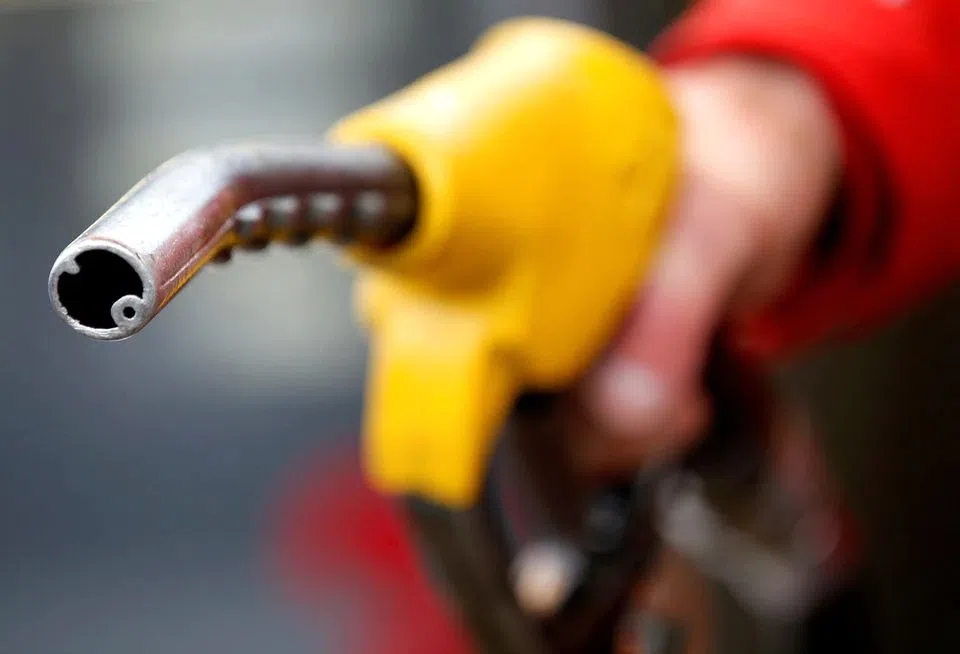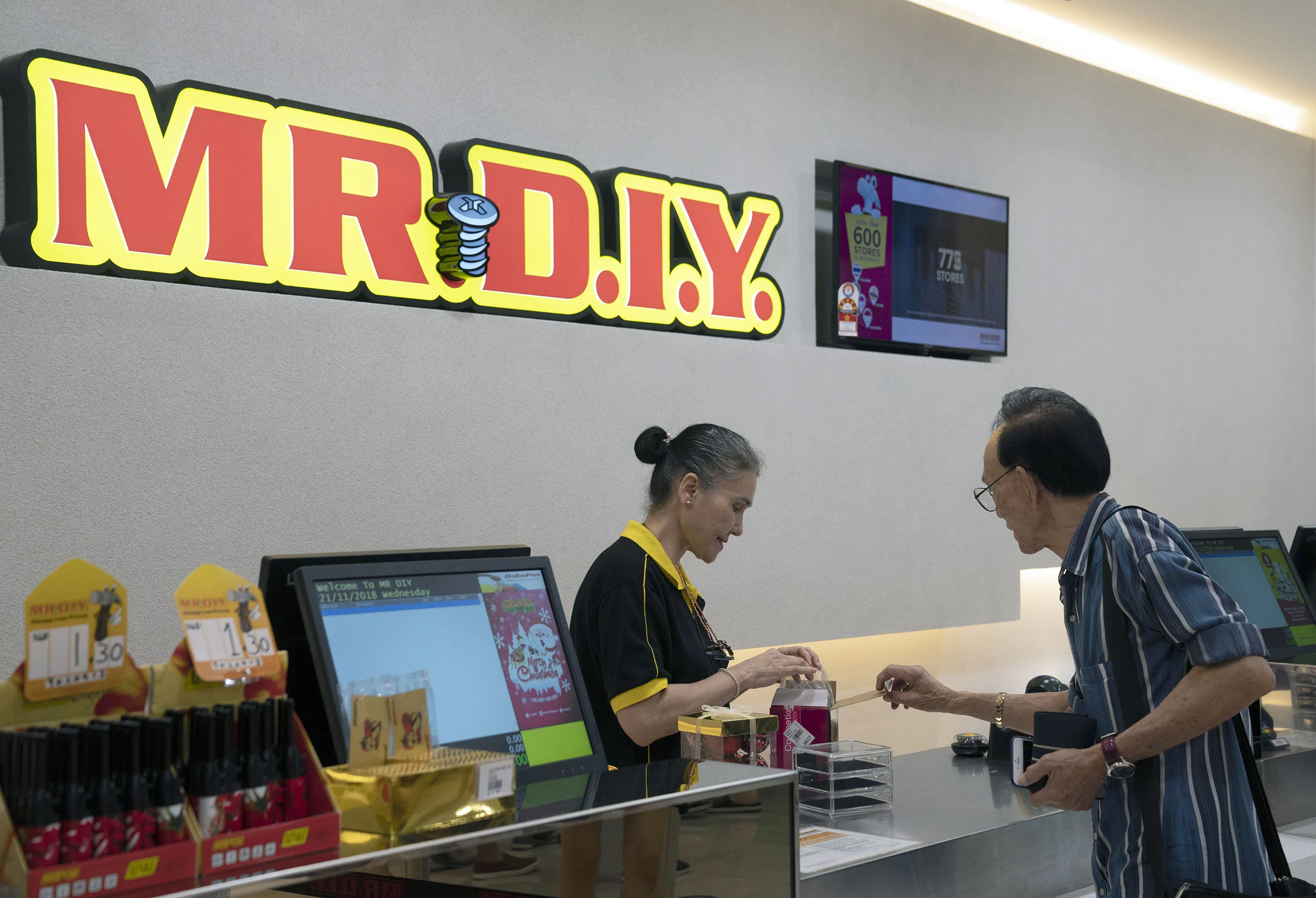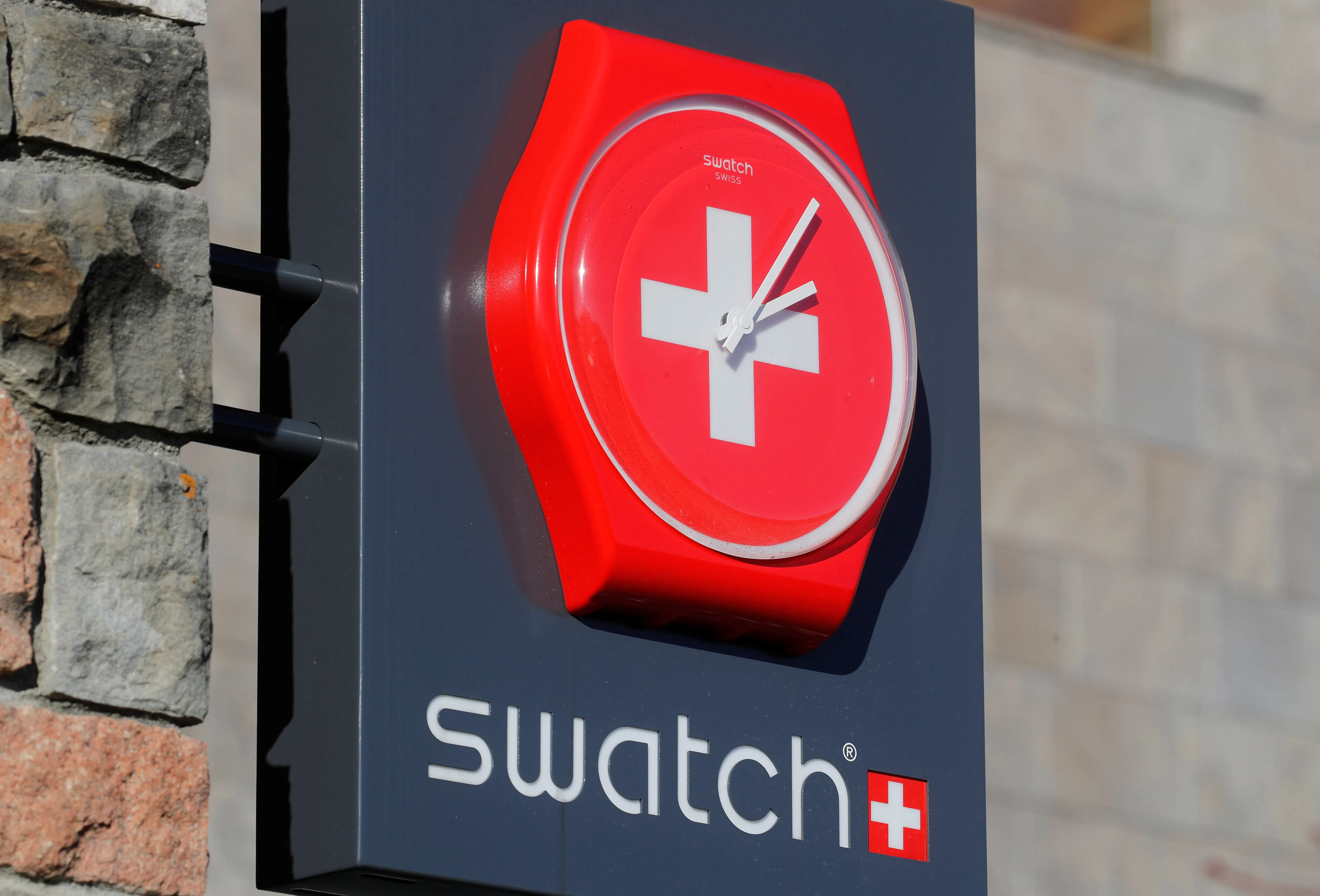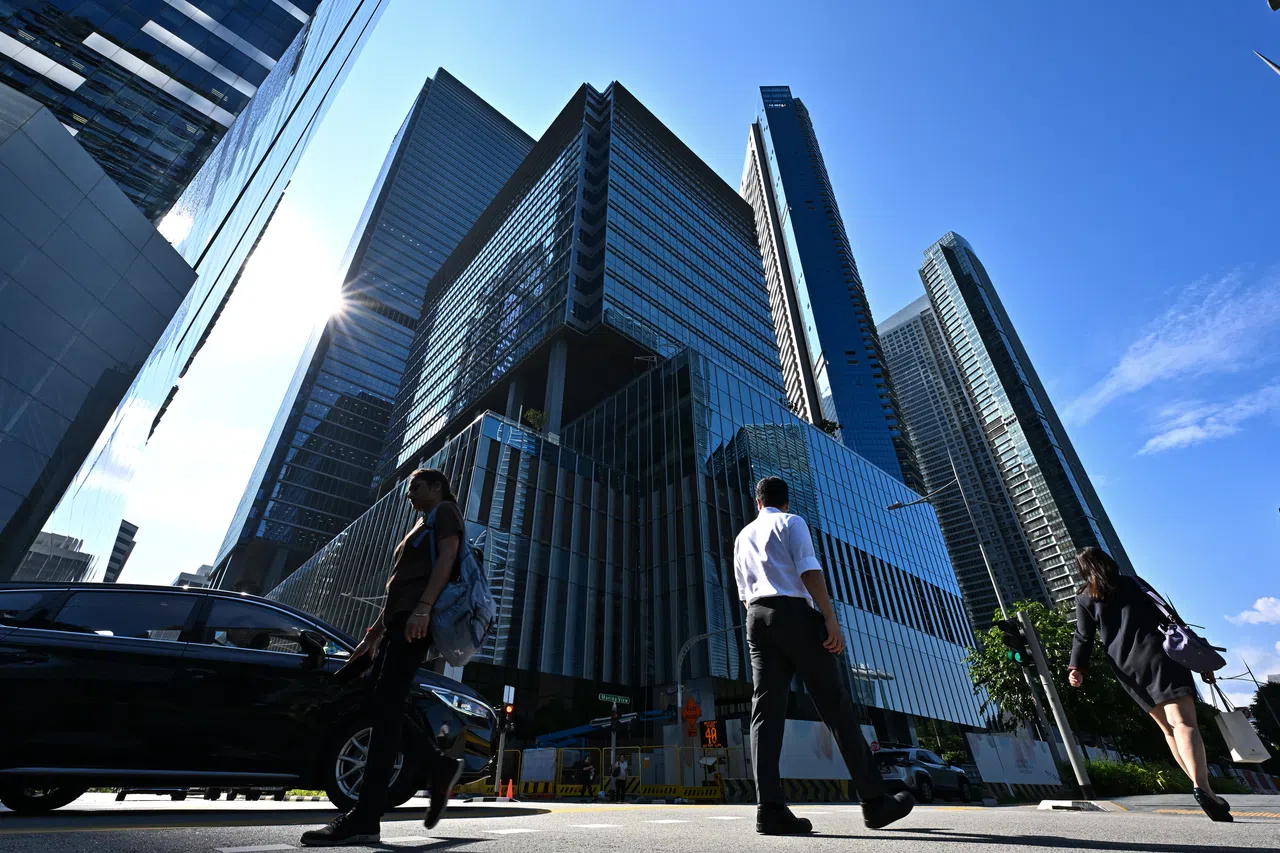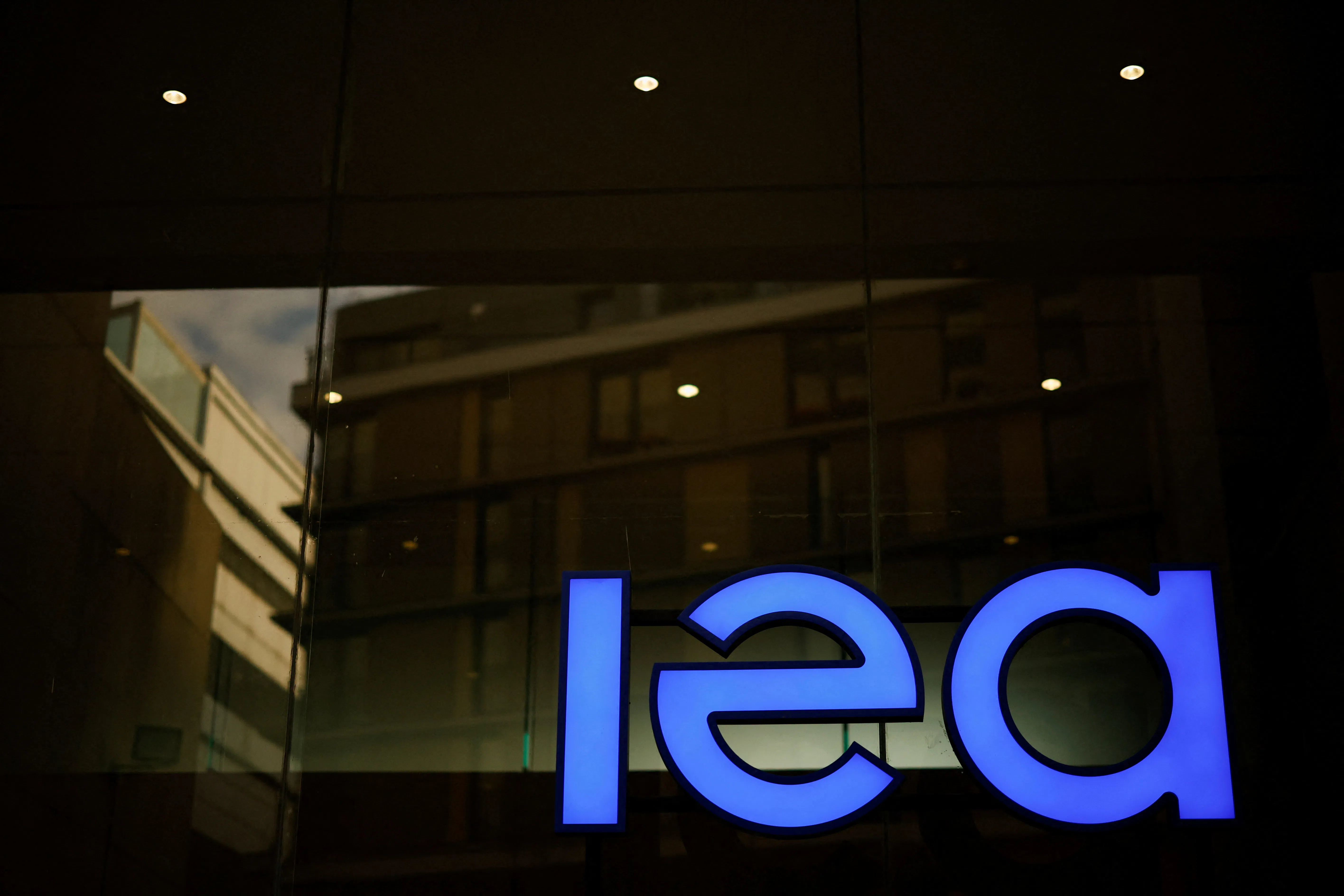CHINA’S embrace of clean energy means petrol sales are no longer getting their usual bump from holiday travel.
Domestic tourists have been out in force this summer, but fossil fuels are playing less of a role in ferrying them around the country. Instead, electricity-driven high-speed rail and new energy vehicles are eating into petrol’s share, in yet another example of how oil demand in the world’s biggest importer is stalling as the green transition gathers pace.
Petrol receipts at China’s two biggest retailers, PetroChina and Sinopec, have dropped more than 5 per cent since the start of July, according to sources familiar with the matter, who asked not to be named because the information is not public. Sinopec declined to comment, while PetroChina did not immediately respond to a request for comment.
It’s a time of year when sales and prices of motor fuel usually rise, but people are opting instead for alternative modes of transport, including cheaper rail journeys. This summer has also been marked by extreme weather across the country, from scorching heat to torrential rains, which may have kept people from taking long trips in their vehicles. And those that do travel under their own steam are increasingly likely to do so in electric cars.
The rail network has carried 605 million passengers since the start of July, 6.1 per cent more than last year, according to figures from China Railway Group. That raises demand for cabs once travellers reach their destination. Ride-hailing giant Didi Global, which is ubiquitous across China, has a fleet that is predominantly electric.
“The uptick in petrol demand this year is lagging far behind last year’s level,” said Hu Xue, an analyst at industry consultant JLC. She estimated that apparent demand – production plus imports – for the motor fuel actually edged lower in July and August, after recording 20 per cent annual growth over the same period last year.
BT in your inbox
Start and end each day with the latest news stories and analyses delivered straight to your inbox.
Petrol accounts for about a quarter of China’s oil market, and a drop in consumption from the nation that consumes one in six barrels globally is a major headwind for world prices. International agencies from Opec to the US Energy Information Administration have in recent weeks trimmed their forecasts for demand, citing softness in China.
Chinese refiners have also sounded the alarm. The sector’s profits plunged over 90 per cent in the first half, according to the China Petroleum and Chemical Industry Federation. The situation has probably worsened after processors raised their petrol yields to meet an expected recovery in holiday usage that has not materialised.
That’s fuelling an increase in exports as refineries look abroad to soak up their surplus. Overseas sales of petrol were running at 280,000 barrels a day in the first two weeks of August, from 210,000 barrels a day in July, according to Vortexa.
Beijing’s policy biases also paint a bleak picture for consumption going forward. The take-up of electric vehicles (EVs) and investment in high-speed rail have blunted Chinese demand for petrol, which is set to peak by 2025, the International Energy Agency said in June. BLOOMBERG

